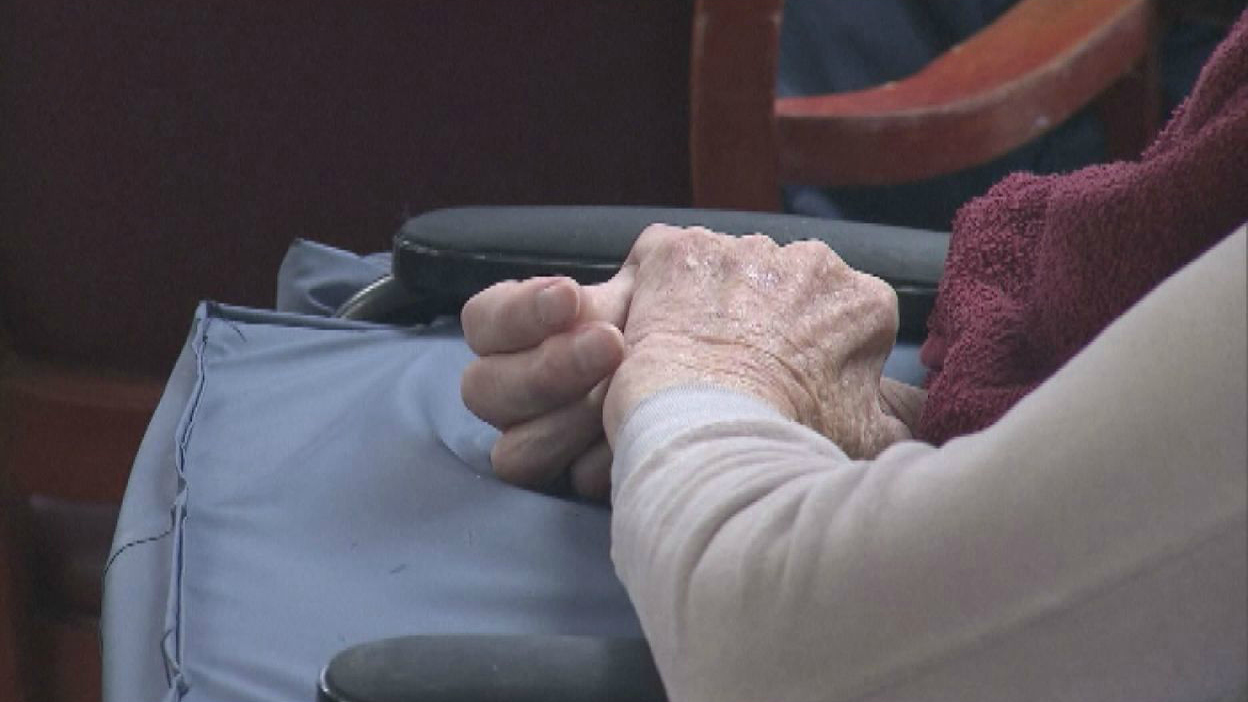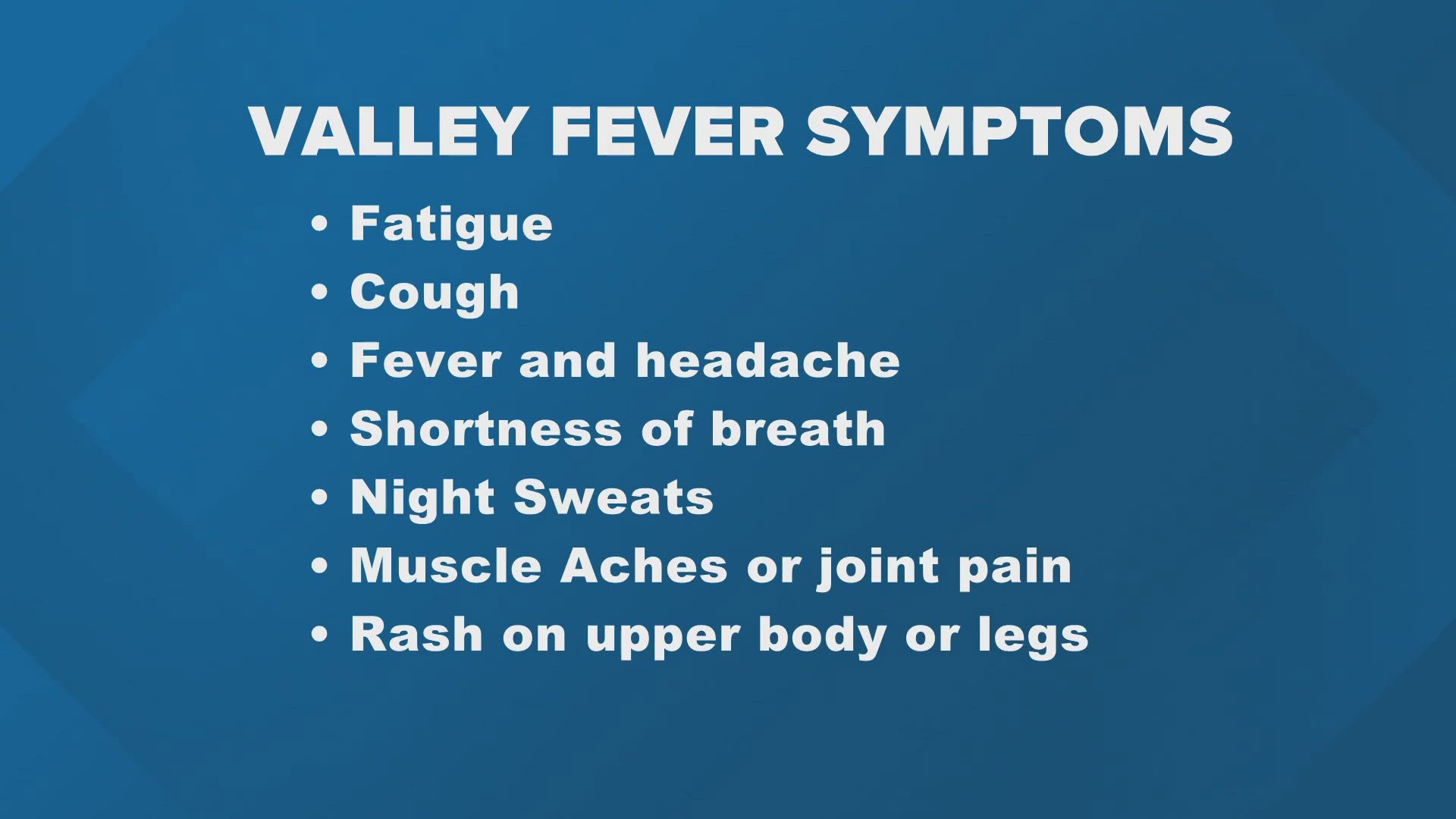Elder abuse and neglect are serious and growing issues in the U.S.
“In 2011 a study was done that estimated financial abuse of the elderly was in the range of four billion dollars. Less than a half a decade later, it's now estimated to be approximately 36 billion dollars,” said Tim Jeffries, director of the Department of Economic Security.
In 2015, the DES investigated 13,792 cases of abuse, neglect or exploitation, which was a 19 percent increase for 2014. Of those cases, 9,984 were among adults 60 years of age or above.
Abuse can take many forms, including physical, emotional, sexual, financial exploitation, neglect and abandonment.
One in nine older people experiences some form of abuse, while one in 20 is financially exploited.
Most often (90 percent of the time) this abuse comes at the hands of people close to the victim – family members, caretakers, and close friends.
How do you know if your loved one is being mistreated?
Look for these signs:
• For physical abuse, neglect, mistreatment: Bruises, pressure marks, broken bones, abrasions and burns; sudden change in behavior; caregiver’s refusal to leave you alone with the senior
• For emotional abuse: Unexplained withdrawal from normal activities, sudden change in alertness, unusual depression
• For sexual abuse: Bruises around the breasts or genitals; unexplained depression, fear or paranoia; discomfort or anxiety around certain people
• For financial exploitation: Disappearance of possessions or property; Sudden transfer of money or forged signatures on checks; undue influence or coercion in financial matters
• For neglect: bedsores, unattended medical needs, poor hygiene, unclean living spaces, no food or water in the house, and unusual weight loss
• For verbal or emotional abuse: Strained or tense relationships, frequent arguments, threats or belittling language directed at the victim
Often, though, seniors suffer in silence, so make sure to take note of any sudden changes of personality or behavior.
If you suspect abuse, you should:
• Contact 911 if you think the person is in immediate danger
• For non-emergencies you can contact Adult Protective Services at 877-SOS-ADULT, the Area Agency on Aging at 602-264-HELP, or, for financial exploitation, the AG’s TASA Helpline at 844-894-4735
More on financial exploitation
Elder abuse is vastly underreported. Only one in 44 cases of financial abuse is reported to authorities, according to the National Adult Protective Services Association.
In 2015, there were 4,243 cases of exploitation investigated in Arizona, according to APS, an almost 24 percent increase from the previous year.
And cognitive impairment – such as Alzheimer’s or other forms of dementia – makes older adults more vulnerable to financial abuse, NAPSA says.
Common scams include strangers who pose as repair people, fake charity solicitations, telemarketing scams, lottery and sweepstakes that require a payment from the “winner," and even people who pose as grandchildren needing money.
There are also more professional scams to look out for, including predatory lending, internet phishing, identity theft, Medicare scams, annuity sales and investment or security schemes.
Family members or other trusted people most often exploit vulnerable adults by using a Power of Attorney, taking advantage of joint bank accounts, threatening the individual, forging checks, or otherwise controlling the individual.
Financial exploitation can be devastating for an elder adult, according to NAPSA. Often it leaves them unable to replace lost assets or even hire an attorney for help. It keeps them from taking care of themselves, forces them to rely on government aid or even causes them to lose their home.
If you suspect a loved one is the victim or exploitation or if you are being exploited, contact Adult Protective Services at 877-SOS-ADULT, the Area Agency on Aging at 602-264-HELP, or, for financial exploitation, the AG’s TASA Helpline at -844-894-4735, or report it online at DES.
You should also reach out to local law enforcement and the possible victim’s bank if you suspect abuse.


